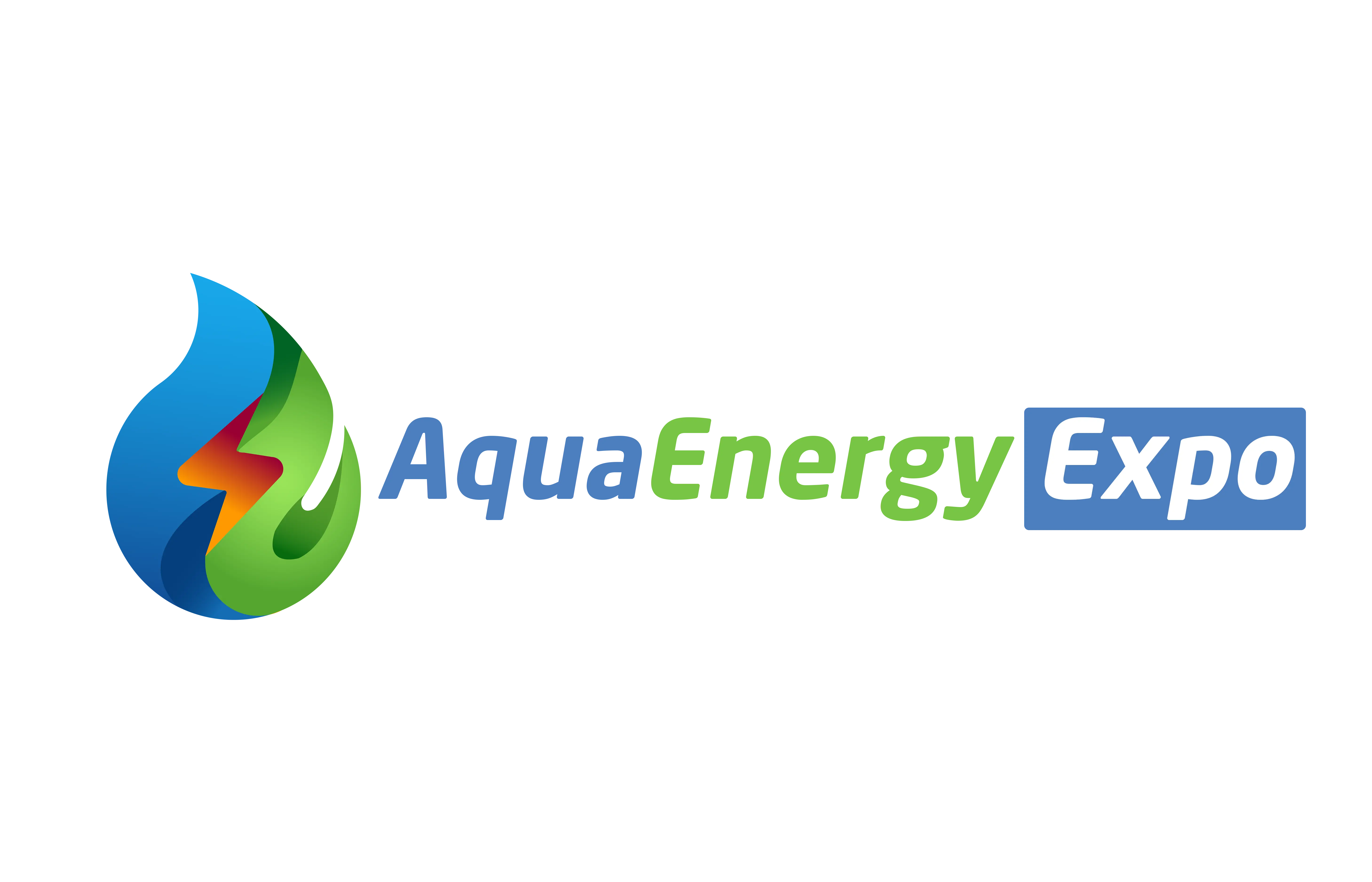
The Hydrogen Stream: Linde plans 5 MW electrolyzer in Brazil
Linde announces that its White Martins division plans to construct an additional electrolyzer for the production of green hydrogen in Brazil, and Sunfire has initiated a front-end engineering and design study for a new 500 MW hydrogen project.
Linde’s White Martins subsidiary has announced its intention to construct, possess, and manage a second electrolyzer for the production of green hydrogen in the southeastern region of Brazil.
The German industrial gas company has disclosed plans to establish a 5 MW pressurized alkaline electrolyzer plant adjacent to its existing air separation facility in Jacareí, São Paulo.
The new facility will be powered by renewable energy sourced from local solar and wind power projects and is projected to commence operations in 2025.
In 2022, White Martins achieved the distinction of being the first company in South America to produce green hydrogen on an industrial scale with international certification at its Pernambuco plant.
Sunfire has initiated a FEED study for a 500 MW hydrogen project, with operations slated to commence in 2028.
The central 500 MW pressurized alkaline electrolyzer will be powered by solar and wind infrastructure.
The renewable hydrogen produced will be utilized for various applications, including supporting refinery operations and ammonia production, thereby contributing to industrial sustainability efforts.
This initiative is spearheaded by the German producer of pressurized alkaline and solid oxide (SOEC) electrolyzers.
AVL said it is partnering with Red Bull Advanced Technologies to develop ultra-high-power density fuel cell technology.
“The lightweight solutions are expected to be two-thirds lighter than conventional fuel cell systems,” said AVL.
The two sides noted that the solutions will mainly target the aerospace and future motorsport series sectors.
CSX has unveiled its first hydrogen-powered locomotive, converting it from an existing diesel locomotive using a hydrogen conversion kit developed by Canadian Pacific Kansas City (CPKC).
“Converting an existing unit into a next-generation locomotive further extends the useful life of the asset,” said the US transport company.
“The conversion team reused several components, including the frame, cab, traction motors, and trucks.”
The Port of Amsterdam has entered into two new contracts to establish a sustainable hydrogen route connecting Amsterdam and the port of Bilbao, Spain.
The first contract is a joint study agreement (JSA) between Petronor, EnBW, GasLog, and the Port of Amsterdam.
Through the JSA, the partners will collaborate on assessing the technical and commercial potential of a liquid hydrogen corridor.
The second contract is between Petronor/Repsol, KLM, and the Port of Amsterdam.
“This cooperation focuses on exploring the possibilities for the production of SAF (synthetic aviation fuel) and e-SAF (hydrogen-based synthetic aviation fuel) in Bilbao, with Repsol as the producer and KLM as the potential offtaker,” said the Port of Amsterdam.
Source Linde

